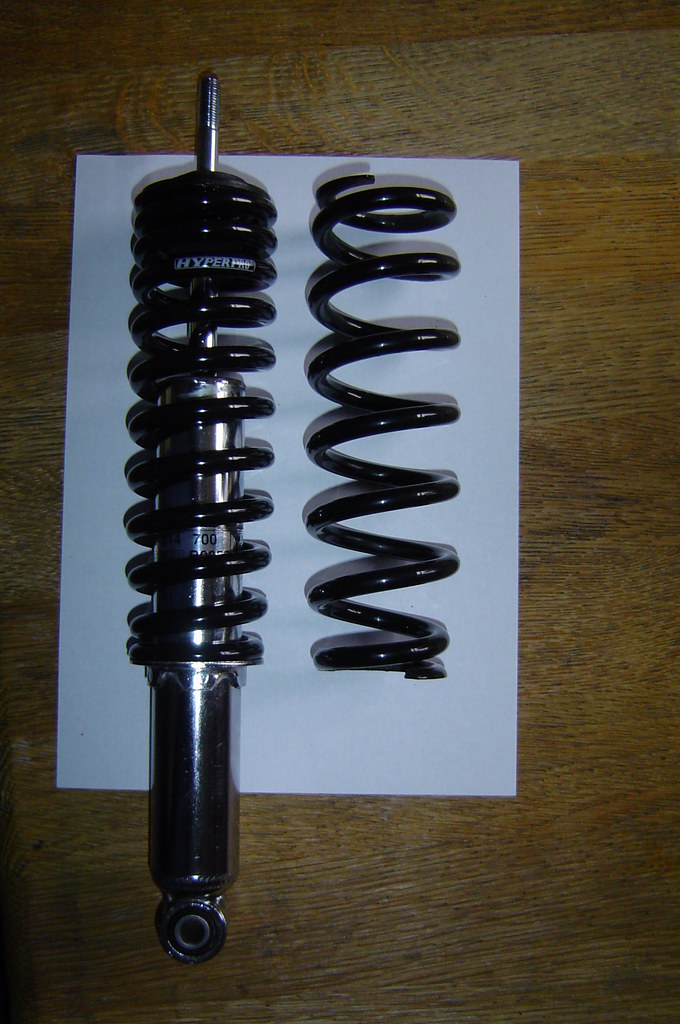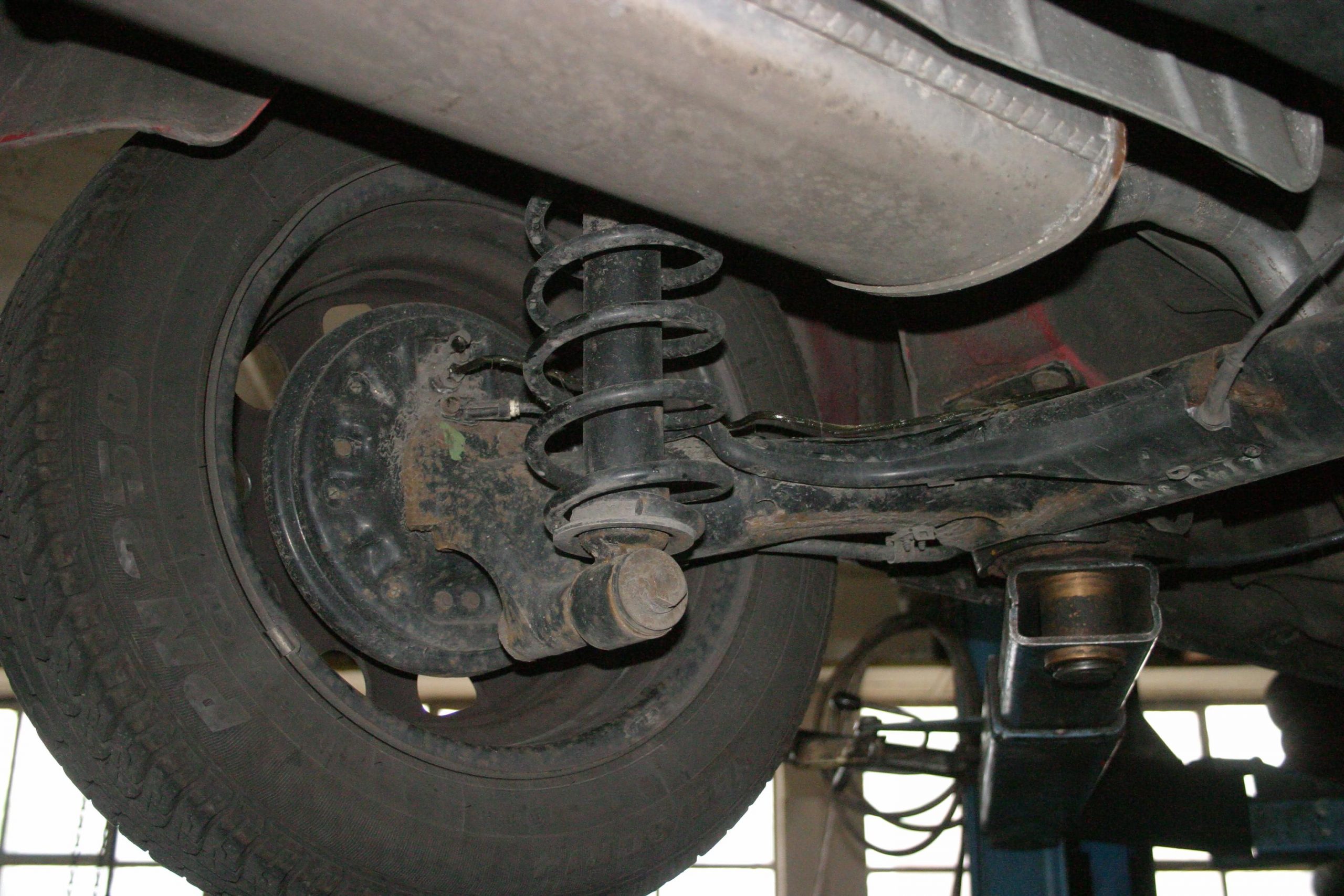What are coil springs?
Coil springs are those spiral parts of your suspension just above your wheels that keep your car stable during driving. They are made from hardened and tempered steel that can be found on most cars that were built in the last few decades. Most cars have four coil springs, one for each wheel. Nowadays pickups and SUVs are also equipped with coil springs in the front and rear wheels. On MacPherson-type struts, the coil springs are mounted around the shock absorbers which are attached to the strut itself. On other vehicles without struts, shock absorbers and coil springs are mounted separately.
A broken coil spring is a major concern!
Most cars have 4 coil springs, each supporting one corner of the vehicle. In cars with MacPherson struts, the coil is installed within the strut. The springs never need maintenance, however, they should be replaced in case they are damaged because of an accident or hardly hit a deep pothole. When a coil spring breaks, it becomes a major safety concern! The suspension is not working as it is supposed to, and a faulty coil can puncture a tire or mess up some other parts behind your wheels. At worse, it can fall on the road and damage other cars or hurt people in the surrounding.
There are 3 types of coil springs:
1. Linear
2. Dual Rate
3. Progressive
(Some coil springs are soft, firm, or have a varying spring rate. The spring rate is the force required to compress a coil spring 1 inch. The spring is stiffer with a higher per-inch spring rate and vice-versa).
-
Linear
The spring rate describes whether a spring has the same rate of compression at all points during its travel.
-
Dual Rate
The spring is specially configured to change characteristics abruptly.
-
Progressive
The spring gets progressively stiffer the more it compresses.
Several car manufacturers issued recalls to replace coil springs

For example, in September 2015, Nissan recalled its year 2007-2012 Nissan Versa in Canada and other regions of the United States to replace the front coil springs. That was a consequence of the front coil spring’s high probability for fractures – it could have contacted the tire, possibly puncturing it, and increasing the risk of a crash. Hyundai also recalled certain 2011 Elantra and Sonata vehicles for the same reason. If one of your coil springs is broken, I suggest you check with the manufacturer or a dealer for possible recalls or safety campaigns related to a coil spring.
Are there any symptoms of a broken coil spring?
A broken spring can produce a metal rattle when the wheels roll over potholes and bumps. On one side, the ride height may also be lower. Most often, however, the symptoms are undetectable and a broken coil spring can only be caught during a car servicing when the vehicle is lifted on the hoist in a shop.
When do coil springs need replacing in a car?
In older cars, coil springs become weak over time, causing the ride height to be lowered. It is noticeable at the rear axle of old vehicles. The weaker coil springs cause poor handling and increase wear on the inside of the rear tires. Consequently, when the rear springs sag, the headlights point higher and disturb drivers from the reverse lane. Normally, this problem can be caught during a wheel alignment, because sagging coil springs alter the wheel angles beyond what can be corrected during the wheel alignment (especially camber). In this case, your mechanic may suggest replacing the coil springs and other worn-out suspension parts to restore the ride height and wheel angles. Finally, another common reason to replace coil springs is when they have become too rusty.
Should both coil springs on the same axle be replaced at the same time?
Similar to struts and shocks, coil springs are replaced in pairs, unless only one coil spring needs to be changed on a fairly new vehicle. Coil springs weaken over years, so if you replace only one spring, the right and left springs will respond differently to the road, the ride height will be unbalanced and the car will be unstable and uncomfortable to drive.
How much does it cost to replace coil springs?
One coil spring may cost between $100 and $350, depending on the model and make of the vehicle. A garage may charge you between $150 and $300 for one spring, depending on the difficulty. I don’t recommend replacing coil springs DIY, because it is definitely not safe! When unloading a coil spring, it can unwind with a lot of force causing injuries. A professional mechanic will use a special spring compressor to remove the coil spring.
I hope the above gives you an idea of whether the time has come to change your coil springs. Remember to share your comments below!

